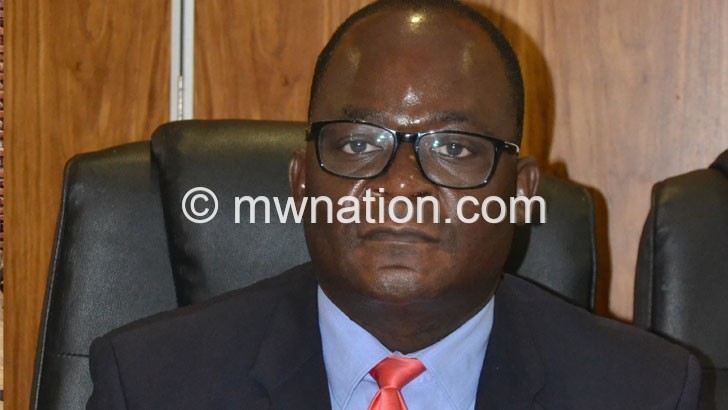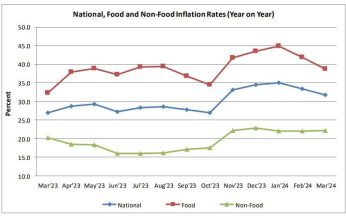Kwacha liberalisation policy triggers debate
President Lazarus Chakwera’s chief economic adviser Chancellor Kaferapanjira says the private sector has not contributed effectively towards growing exports because of government’s grip on the exchange rate.
Kaferapanjira, who until recently was Malawi Confederation of Chambers of Commerce and Industry (MCCCI) chief executive officer, was speaking in Lilongwe on Thursday during an expert panel of the virtual launch of the mid-term review of the five-year Malawi Growth and Development Strategy (MGDS III).

He said the political economy of fixing the kwacha needs to be stopped as it affects growth of businesses in terms of export trade.
Kaferapanjira said over the past three years, the kwacha has been fixed at an average rate of K750 to a dollar, a development that does not reflect the right price. He said there have been fluctuations in the dollar internationally, but the kwacha has “artificially remained stable”.
Kaferapanjira said the stability was not supported by local productive capacity.
He said: “We get foreign exchange to fund consumption through debt and aid. Unfortunately the debt and aid assistance that we get from outside may not be the best for Malawi.
“This is because it makes the kwacha strong and we cannot export; hence, the local industry becomes incapacitated as it gets little from export initiatives.”
Kaferapanjira said that during the period under review, the current account deficit has worsened and government has depended on aid to sustain the kwacha instead of diversifying the economy through private sector support.
But Centre for Research and Consultancy executive director Milward Tobias argued in an interview last week that the Malawi Business Climate Survey reports produced by MCCCI does not allude to exchange rate policy as among challenges affecting the private sector.
He said: “For a net importing economy, a status which we must change, weak local currency can be inflationary.
“The issue of reduced competitiveness assumes that the economy is producing goods and services which are comparably expensive on global market.”
In its 11th edition of the Malawi Economic Monitor, the World Bank observed that there has been limited exchange rate flexibility of the kwacha against the greenback.
The bank argued this has only increased the real appreciation of the exchange rate and reduced the country’s competitiveness on the global market. n





